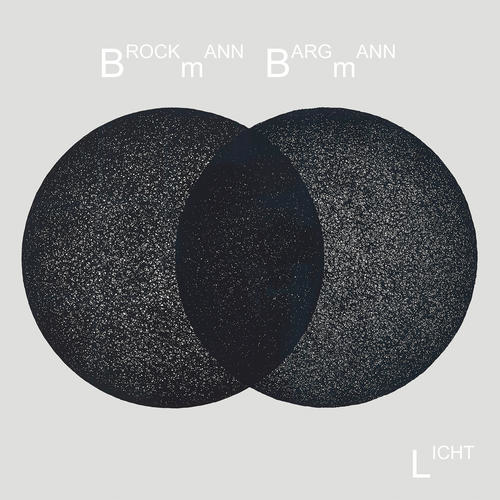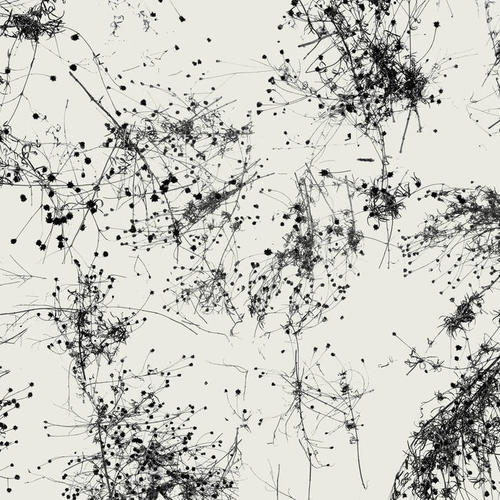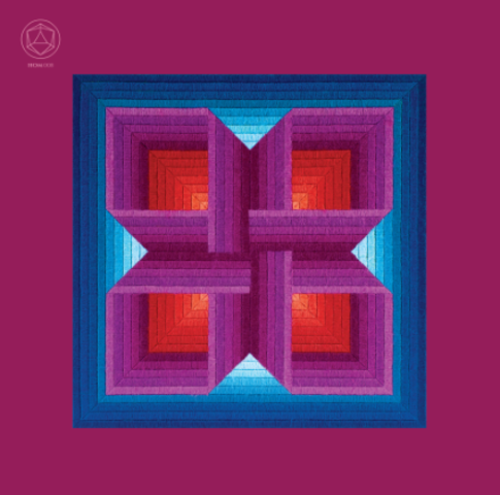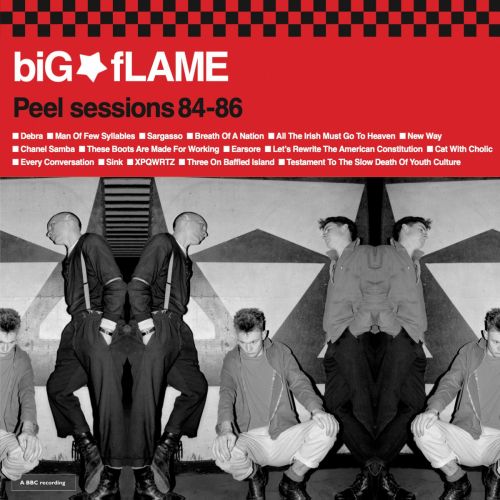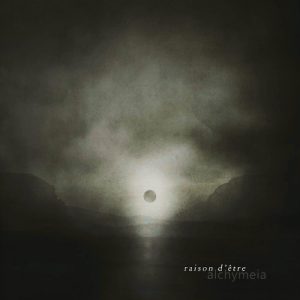 Sweden’s Peter Andersson has been running his Raison D’être ambient project since 1991, with a multitude of releases over the years including recent collaborations with Germany’s Troum. However, unlike a lot of ambient pieces that can have a tendency to sit outside of your eyeline and merge into the background, with Peter’s latest there is a lurking presence at work here that demands you pay attention, and if anything it can cause a sense of unease in the listener.
Sweden’s Peter Andersson has been running his Raison D’être ambient project since 1991, with a multitude of releases over the years including recent collaborations with Germany’s Troum. However, unlike a lot of ambient pieces that can have a tendency to sit outside of your eyeline and merge into the background, with Peter’s latest there is a lurking presence at work here that demands you pay attention, and if anything it can cause a sense of unease in the listener.
With its lovely but suitably ancient, dawn of time artwork, Alchymeia shares a little of its feel with the recent Paul Schutze album The Sky Torn Apart; that sense that this is sound outside of our normal frames of reference. The main point of divergence, though, is Peter’s use of choral or Gregorian vocal samples and they bring a touch of humanity, albeit at times disjointed, to the four long sprawling tracks on Alchymeia, and go a little way to offsetting the sense of inertia contained here.
The album is about seventy minutes long and is divided equally between the four tracks, so they are given plenty of time to subtly insinuate themselves into your mind, transposing you into some kind of ancient and organic state. Opener “Nigredo” starts with a familiar feel, the sound of distant bells moving in the wind and a clock striking. Gregorian voices, low and rather sinister, are joined by the call of crows and the whole thing takes on a creeping feel of dread. Who thought chanting could do that? But allied to the tolling bells, it feels as if we are trapped aboard some kind of ghostly monk ship where the drones and creaks, in dark unison with the ancient shifting textures, increase the sense of menace.https://www.youtube.com/watch?v=SK3rTu2xk78
Wind chimes and the great cracking of seemingly abandoned, cavernous buildings inhabit “Albedo” and here the vocals seem somehow metallic, and there is the unsettling feeling of waiting in the grounds of a monastery for a particularly extreme thunderstorm to pass. We are unable to enter, but know that behind the doors they are oblivious to the plight outside. As the storm clears, younger voices appear from outside and the mood becomes less intense, the sound of youth somehow injecting a sense of levity to the abating track.Things don’t continue at quite the intensity as the album draws to a conclusion, which is a relief, and the inclusion of a drumbeat part way through third track almost brings a sense of urgency, and by the time final track “Rubedo” arrives, there is far more openness in the sound. The bass piano notes echo in a deserted room and their reverb feels as though it stretches on forever, each note lingering and drifting before eventually meeting up with the shifting drone that is less obtrusive here. The freshness of the ambience is assisted by the sweeter, more uplifting vocals, and by the time the album draws to a close there is light in the sky and the slightest spring in our step.
Alchymeia runs the gamut of atmospheres, but is an extraordinarily conceived and executed suite, drawing the listener into a journey that isn’t easy, but is well worthwhile.
-Mr Olivetti-
